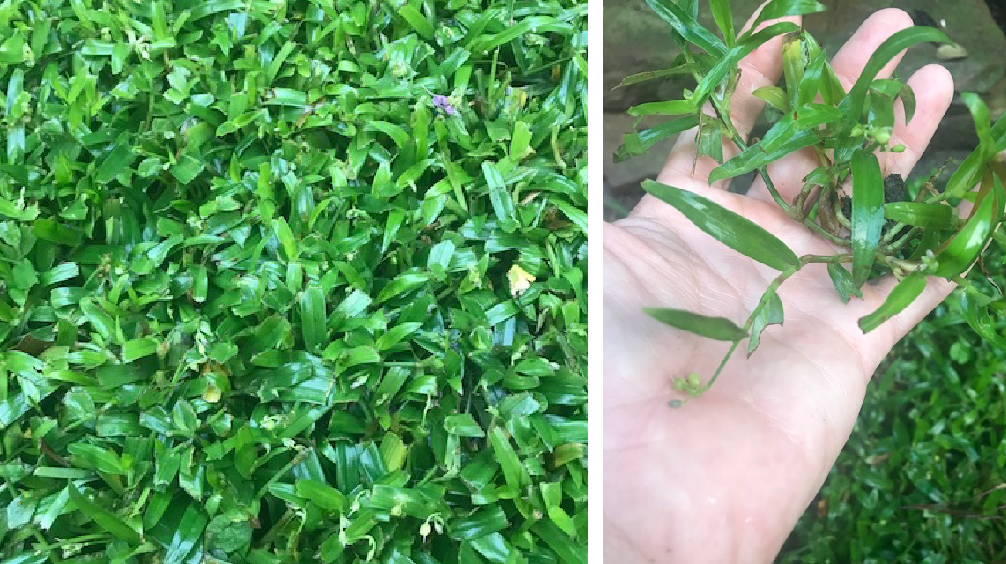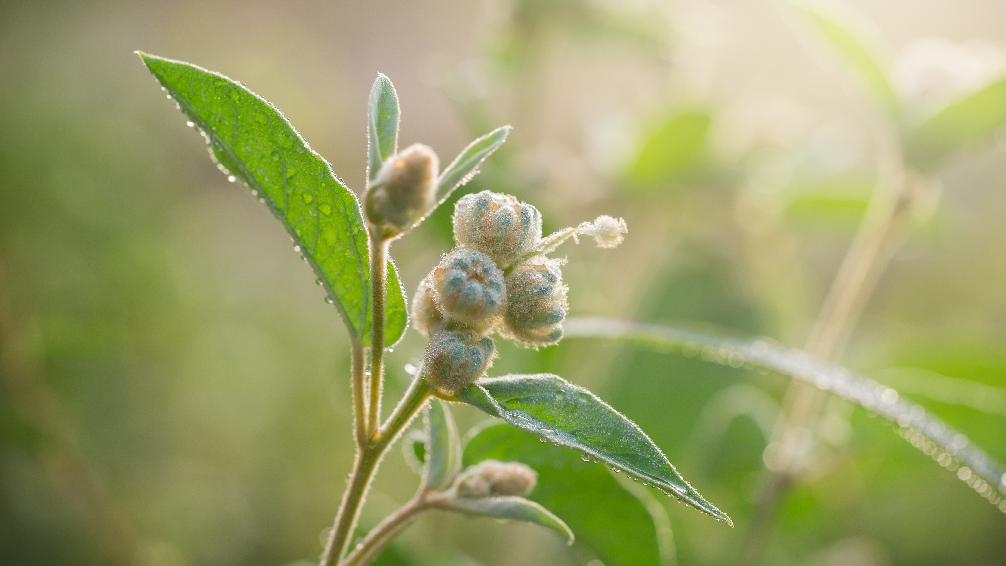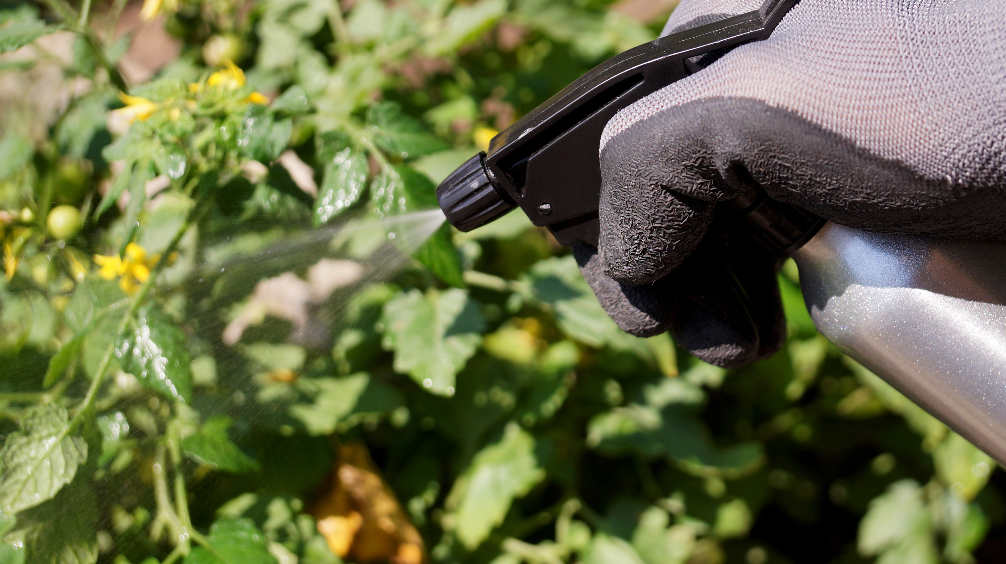
How To Control Doveweed In Your Lawn
Doveweed Control: Preventative Methods
With a name like doveweed, you’d think this plant was gentle and graceful like a cooing bird, but the truth is, this common Houston weed is a total terror. A more appropriate name would be honey badger weed—it just tears through your lawn and gobbles up all the nutrients in the soil, without a care in the world. That is, until you step in with the big guns. While weed control isn’t always the simplest task, there are a few products and techniques that can help you control doveweed without too much hassle. However, not every herbicide is effective against it, so you’ll need to choose wisely.

The tricky thing about doveweed is that it looks a lot like the lawn grasses it infiltrates, especially St. Augustine grass. From a distance, the weed blends in pretty well, but if you take a closer look, you’ll see some key differences. The leaves are waxy, and at the base of the leaves, there are low-growing, red stems called stolons. In summer, little flowers emerge with indigo petals. These flowers produce tiny fruits in the fall that drop and spread more seeds.
This feisty weed tends to sprout up a bit later in the season than most weeds, so if you used a pre-emergent weed killer early in February or March, doveweed may have been able to dodge it and still germinate in late spring. Their seeds are quite tough, too—they can stay dormant in the ground for several years before sprouting, so sometimes a severe doveweed problem will need follow-up treatments each year until it’s 100% gone.

Doveweed Control: Preventative Methods
Making it tougher for doveweed to set up camp in your yard will save you a ton of effort in the long run. Prevention is always easier and less time-consuming than controlling an outbreak, so even if you haven’t seen it pop up in your yard yet, it’s worth the trouble to cover your bases. It’s been spreading pretty vigorously across Texas this year, and seeds will be dropping soon once the temperature dips below 70 degrees.
Doveweed loves moist conditions, so resist the urge to water your lawn every day. Instead, try occasional thorough watering with ample time in between for the soil surface to dry out. Less frequent watering will also help your turfgrass to grow stronger roots, so it will have a better defense against invasive weeds. Also, try not to water your lawn if you have doveweed bearing fruit because water streams tend to spread the seeds around. Keeping your soil well aerated and uncompacted will also help to keep weeds out, as this will improve drainage so the soil surface doesn’t stay soggy.
Be sure to remove any doveweed from your lawn before mowing. The stolons will sprout roots and continue to grow even if they get hacked and tossed over to the other side of the lawn, so it isn’t just the seeds you have to worry about. Like we said, this weed is pretty ruthless. Don’t mow your grass too short, either—try not to cut off more than ⅓ from the turf height at a time.


Controlling doveweed requires a one-two punch of pre-emergent and post-emergent herbicide application. First, you’ll need to spray some weed killer early on when the seeds are just starting to germinate, around late April or early May when the temperature is hovering around 70 degrees. This will attack the plants when they’re at their most vulnerable, so you’ll be able to make a lot of progress. It’s quite possible that some may survive the first spray-down, so a second application is needed in summer to fight the remaining tough guys.
A non-selective herbicide like Pulverize is the most effective, but try to spray it only on the doveweed. The Pulverize will kill anything it is sprayed on. There are a few other chemical formulas available, too, so stop by our garden center in Houston to see the whole collection.
Then the next step will be to apply Nitro-Phos Barricade pre-emergent to prevent the seeds from germinating. Remember, since the seeds can remain dormant in the soil for quite a while, you’ll need to do follow-up treatments every 3 months for a few years after a pretty bad outbreak.
If you’re having issues controlling doveweed, or any other weeds in your lawn, don’t hesitate to visit us at Plants for All Seasons in Houston, Texas. We’ll help get you set up with all the tools you’ll need for battle. With the right timing and the right products, that pesky doveweed won’t stand a chance.
